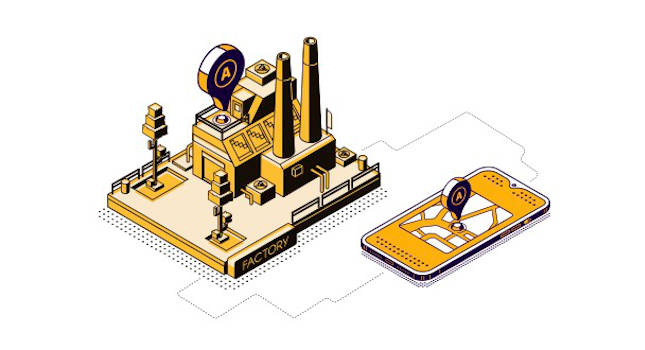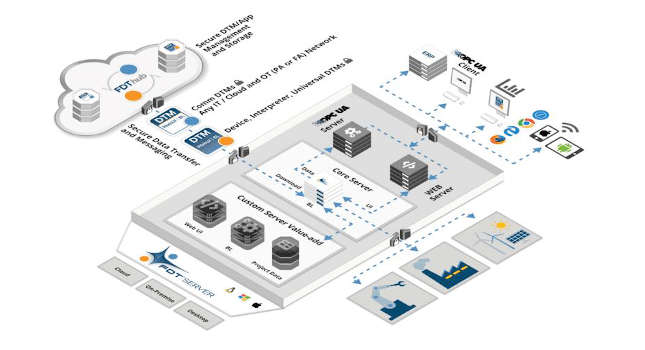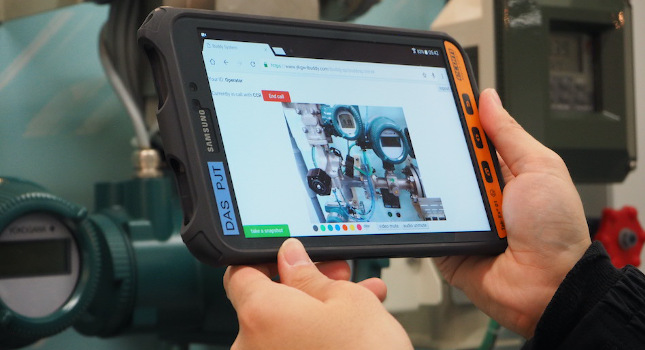Service providers, technology developers, telcos and stray tourists gathered for the Digital Home World Summit 2012 in Marble Arch, London.

Last week I attended the Digital Home World Summit 2012, Marble Arch, London. Service providers, technology developers, telcos and stray tourists gathered for the two-day global event, focusing chiefly on consumers’ experience of TV and media services and how providers could best maximise their potential in the face of squeezed margins. The ‘smart home’ was a hot topic, and a range of big players, including Samsung, France Telecom, Swisscom and E.On were ready and waiting to tout their prototypes and pronounce on the future dynamics of the ‘smart’ industry. The tourists were directed to the tube station, and everyone settled in for the day’s proceedings.
FT Orange kicked off the conference, highlighting the role of the telcos in the home automation market; telcos, they said, need to support new features and services to keep up with demand and find fresh and innovative ways of retaining customer subscriptions. The telcos have undoubtedly come into their own in the past few years, adding fourth and fifth play services to traditional media bundles; and with such a broad customer base, low entry barriers and high brand recognition, why should they not enter the ‘smart home’ market?
Telcos constantly need to find new ways of improving their current services to trump the competition and slake consumer thirst for content – so the market is saturated with an endless supply of services and products from big telecommunications players. The supply chain is fragmented, with consumers choosing a ‘buffet’ of services – many consumers may choose three or four providers for their landline, mobile, TV, and broadband, as a lower cost alternative to a pre-bundled (and perhaps more expensive) service. The competition from the ‘over-the-top’ providers, like Google and Microsoft – which bypass the Internet Service Provider to deliver on-line content straight to the consumer (not forgetting Android ‘apps’) – are also seriously undermining the consumption dynamics in the industry, with younger consumers choosing to get content online rather than from conventional media. In the face of all these struggles in the traditional telecommunications industry, home control offers exciting new opportunities for telcos.
Telcos seem to have found a short-term solution to the major challenges outlined above: they have started partnering up with various utility companies and service providers to ensure they reach the customer base in the home automation market. Both Comcast and Swisscom have buddied-up with iControl, and Telecom Italia has partnered with Enel for the Energy@Home platform; this immediate consolidation of the supply chain seems to have eased the fragmentation of the market so far, but whether this will change long-term remains to be seen. Cross-sector partnerships may be good for business, but there are debates on whether consumers will react; apathy is a wonderfully universal trait.
In the IMS Research (recently acquired by IHS Inc.) Smart Home Consumer Survey – US/UK – 2010 Edition report, we noted that only 12% of consumers would choose a mobile phone operator to manage their online home management services; faring slightly better, the traditional telephone companies received 25% of consumers’ votes. The gold medal, however, went to the electricity companies – with an unbeatable 58% of customers preferring them to manage their ‘smart’ home services. However, telcos are continuing in their mission to conquer the home. Deutsche Telekom, for example, wisely chose to step back from the consumer and have elected instead to develop and licence out their own home automation platform for other companies to re-brand and use. Other avenues for expansion can be illustrated by Telecom Italia’s pairing with utility company Enel. It seems that to win in the home automation market at present, the telcos must fight under another’s banner.
The future for telcos in this industry could be interesting, something we in IMS Research will be tracking closely in our 2012 update of the Smart Home Consumer Survey (publishing October 2012). This report will undoubtedly shed light on what current consumers really want: do they want the telcos to provide all their services? Would they prefer to bump up their monthly bundle or pay out-of-pocket? Do they care? I’m afraid you’ll have to wait until October to find out…



